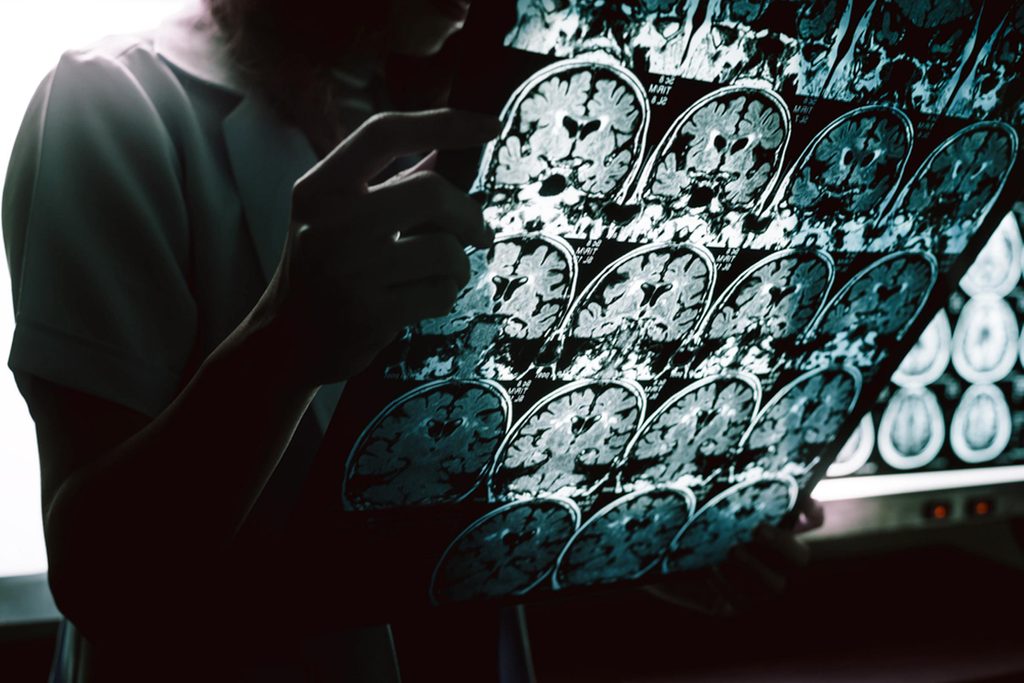Memory Loss in Alzheimer’s Patients Could Soon Be Reversed, Thanks to New Research
Updated: Aug. 11, 2017
Memory loss can be scary, but it could soon be a symptom of the past for Alzheimer’s patients.
 Experts say that the number of people living with Alzheimer’s disease is growing—and fast. While more than five million Americans live with this form of dementia today, that number could more than triple by the year 2050. But here’s some good news: Thanks to the most revolutionary research yet, doctors could soon restore memory loss in Alzheimer’s patients for good.
Experts say that the number of people living with Alzheimer’s disease is growing—and fast. While more than five million Americans live with this form of dementia today, that number could more than triple by the year 2050. But here’s some good news: Thanks to the most revolutionary research yet, doctors could soon restore memory loss in Alzheimer’s patients for good.
MIT researchers have successfully reversed memory loss in mice, according to a study published in the journal Cell Reports. They did so by blocking the enzyme HDAC2, which interferes with the genes associated with memory.
Memory loss in Alzheimer’s patients takes place when HCAC2 creates a blockade that shuts down the brain’s memory genes, causing forgetfulness and making memory formation more difficult. Since past research has failed to block the enzyme without toxic side effects, these results are groundbreaking.
“This is exciting because for the first time we have found a specific mechanism by which HDAC2 regulates synaptic gene expression,” lead author Li-Huei Tsai said. “If we can remove the blockade by inhibiting HDAC2 activity or reducing HDAC2 levels, then we can restore expression of all these genes necessary for learning and memory.”
Other researchers find Tsai’s research encouraging, as well. “As Alzheimer’s is now the biggest killer for women and the third for men, it is important that we think about putting as much emphasis on prevention as we do on treatment,” Dr Marilyn Glenville, one of the UK’s leading nutritionists and author of Natural Solutions for Dementia and Alzheimer’s, told The Independent. Maintaining these daily habits can keep your brain sharp and prevent Alzheimer’s disease.
Although the procedure has only been tested on mice so far, Tsai hopes that it will one day successfully restore long-term memory in humans, too. In the meantime, losing a loved one to Alzheimer’s is tough for both parties—and many don’t recognize the earliest symptoms. Here’s how to communicate with loved ones who have dementia.